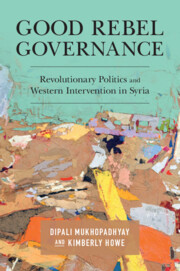This article discusses politico-legal relations and actual decision-making in urban government in late colonial Indonesia, notably in the municipality of Bandung. On the basis of verbatim reports of council meetings in the early 1920s,1 the article catches the atmosphere of hot debates touching upon the core problem of colonial rule, namely inequality between racial groups. Decentralization and democratization in the colony had made such discussions unavoidable. The 1923 budgetary debate shows how eloquently elected representatives of the native population used the municipal council as a forum to plea for the interests of Indonesians. The colonial government referred to autonomy of urban desas to justify laissez-faire approaches to natives’ interests. The municipality was in doubt for, at the same time, colonial administration was transitioning from a minimalist to a welfare state model. Hence, notwithstanding their differences, the common ambition to develop Bandung, albeit in a colonial context and led by the mayor, contributed to co-operative attitudes.


